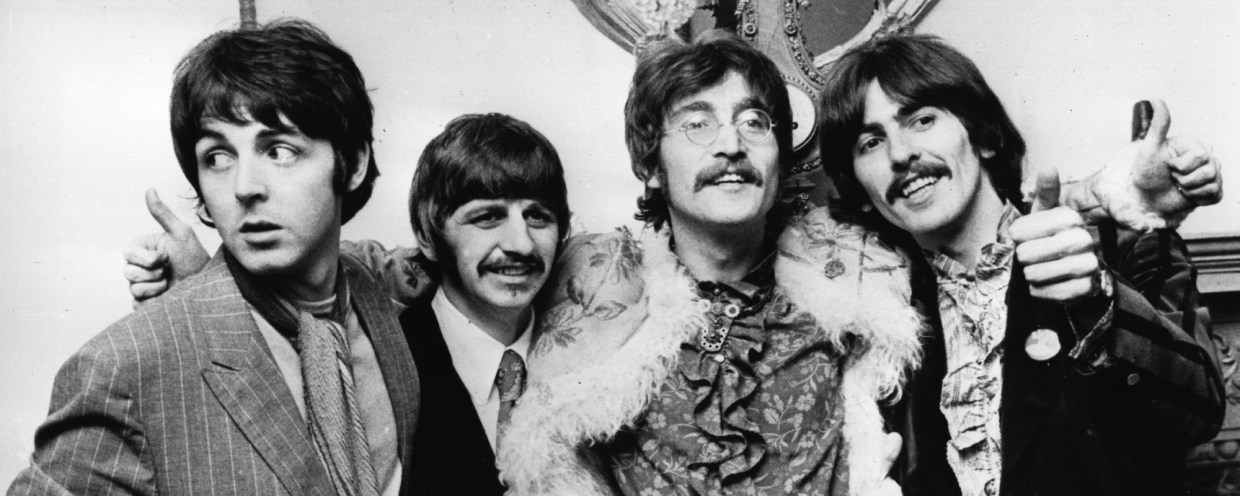History is always just one different decision away from being totally changed. The butterfly effect theory is very real, with even the most minor changes possibly altering a whole lifetime. That’s something Mick Jagger considers a lot when it comes to one of The Rolling Stones’ biggest hits.
It’s a curious thought, wondering if some of the world’s biggest songs might have been so successful if they’d been made slightly different. When it comes to ‘Sympathy For The Devil’, Jagger doesn’t think so. In a 1995 interview, the singer considered how the track would have sounded if it wasn’t for the help of his bandmates.
As one of the band’s biggest tracks, ‘Sympathy For The Devil’ is a quintessential Stones song that remains a mainstay on their live setlist. However, it’s not a typical rock song. Standing out in their classic rock and roll discography, the song is a lengthy, rolling number that is lyrically dense.
Clocking it at over six minutes, the band really pushed the limits of what would usually be considered a hit. Packed with wordy lyrics that rattle through historical events, mythological moments and influential figures, it’s like a history lesson in a song. Without any real musical climax or change in pace, it’s not a song that would immediately be considered a hit, refusing to conform to the typical recipe of what makes a song catchy or successful.
But the band was dedicated to the number. Jagger especially had a gut feeling about the track and didn’t want to give up on it. “I knew it was a good song,” he said to Rolling Stone in 1995. “You just have this feeling,” he continued, discussing the moment he wrote the song, “It had its poetic beginning, and then it had historic references and then philosophical jottings and so on.”
However, even Jagger knows that the success of the song comes down to the rhythm and instrumentation. When asked why the song was so powerful and enduring, he said, “It has a very hypnotic groove, a samba, which has a tremendous hypnotic power, rather like good dance music.”
“It doesn’t speed up or slow down. It keeps this constant groove,” Jagger added. But that groove could have been very different. So packed with history and philosophy it would have been easy for the track to be overly wordy or too heavy to be a hit. “It becomes less pretentious because it’s a very unpretentious groove,” Jagger adds.
That groove is all thanks to Keith Richards, who Jagger credits for creating “a very good vehicle for producing a powerful piece.” He admits that had he stuck with his own initial vision for the track, it wouldn’t have been so successful, adding, “If it had been done as a ballad, it wouldn’t have been as good.”
Instead, Richards and the rest of the band’s influence turned the song into the hit we know today, contrasting the lyricism with a fun groove. Going on to be one of the band’s best-known tracks and one of the most famous songs about Satan, ‘Sympathy For The Devil’ became an unlikely hit.



